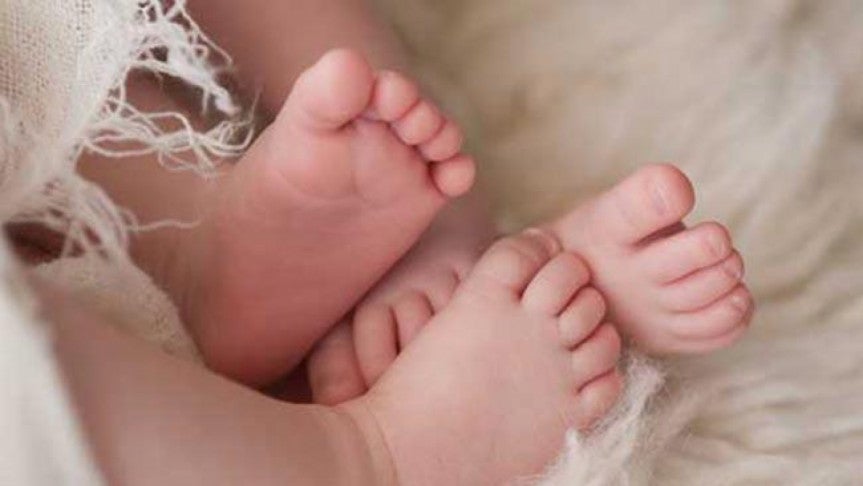Twins can have different fathers!

Fifteen months ago in California, a surrogate mother gave birth to twin boys, sons of a gay Italian couple. The couple had used in vitro fertilisation to have children, reports the Washington Post.
But when the two men returned to Milan with their newborns, a clerk at the registry office refused to transcribe the babies’ birth certificates, barring the men from registering the boys as their legal children.
Cases like this have happened before in Italy, where surrogacy is illegal and Italian couples face problems in having babies born to surrogates abroad legally recognised as their own.
What’s not common is the decision a court in Milan issued last week: Despite being twins, the court said, the two boys aren’t brothers.
After the clerk’s refusal, the couple in Milan had sued to be allowed to register as their children’s parents.
(The couple has decided to remain anonymous to preserve their privacy and the Italian media is not publishing their names.)
At first a judge ruled against them, but the couple appealed and a new court partially granted their request.
Because the men used separate semen samples to fertilise the eggs, the court said that each of them can now register his biological son as his own. But the babies cannot be recognised as children of the couple, nor are they to be considered brothers, even though they share the same genetic mother, who donated both eggs.
Despite this contradiction, Famiglie Arcobaleno, a nongovernmental organisation advocating the rights of same-sex parents and their children, has hailed the court’s decision as a ‘positive step’.
Although a law approved last year introduced civil partnerships for same-sex couples, they still cannot marry nor adopt. Even stepchild adoption is limited to heterosexual relationships, which also means the two fathers in Milan cannot adopt each other’s child and explains why the babies cannot be considered brothers.
Surrogacy itself is stigmatised and referred to by the local media by the derogatory term ‘utero in affitto,’ or ‘womb for rent’. Even after a child is born, there’s no guarantee that its best interests will be more important than adhering to the ban.
Italian authorities have gone so far as to take children away from their parents. Three years ago, a court in Cremona, a town in northern Italy, took a toddler away from his parents, a heterosexual married couple, after it was discovered he was born in Ukraine to a surrogate mother. Another child born in Ukraine via a surrogate was separated from his family in the town of Brescia and was declared ‘adoptable’ by the country’s rough equivalent of the Supreme Court in 2014.

 NTV Online
NTV Online




